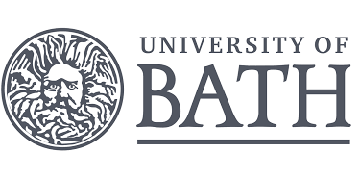University of Bath: New Policy Brief on Universal Credit, Working Claimants and the Government’s Cost of Living Support
Based on interviews with a sample of 40 working claimants on Universal Credit, this policy briefing by Dr Rita Griffiths explores whether the Government’s £650 Cost of Living payment, paid in two lump sum instalments in July and November 2022, together with other government support for the cost of living, are reaching the pockets of low-income working families, and if so, the difference it made.
This policy brief presents early findings from qualitative research funded by abrdn Financial Fairness Trust (formerly the Standard Life Foundation) exploring how systems and procedures in Universal Credit (UC) for assessing entitlement, recovering debts and calculating payment, are affecting income security and financial well-being in working households on Universal Credit.
We found that using the benefit system as an administrative gateway for targeting financial help has been an efficient and effective means of getting one-off, lump sum payments swiftly into the bank accounts of people likely to be most in need of support. In contrast, discretionary payments channelled via council-administered welfare schemes were much less effective in reaching intended beneficiaries due to the additional bureaucracy and eligibility criteria which acted as a deterrent to would-be applicants.
However, while research participants were grateful for any extra income top-ups they received, neither the £650 Cost of Living payment, nor the £150 Council Tax rebate, nor any help from the local authority-administered welfare funds, made any significant difference to their ability to pay for on-going living expenses. Most spent the additional payments in the month of receipt on immediate household needs, such as buying food, paying bills and helping to clear debts and arrears. Few people were able to save or set aside the additional money they received to help mitigate the unprecedented increase in gas and electricity prices.
Though providing much-welcomed additional financial support to those eligible for or able to access the help on offer, one-off and discretionary payments are ill-suited to addressing persistently low and inadequate income caused by the long-term erosion in the value of working-age and child benefits over time.

